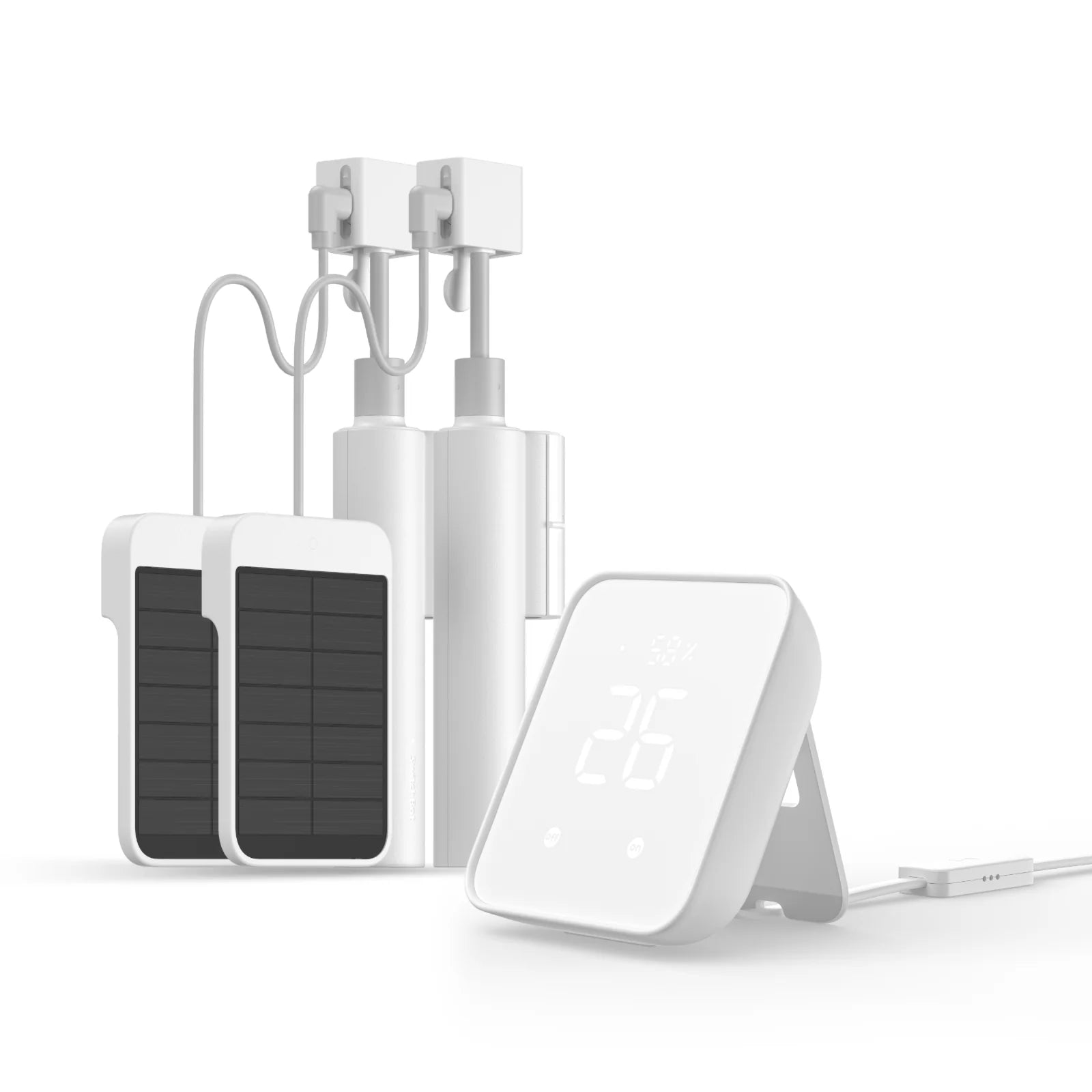How Remote Controlled Window Blinds Enhance Home Automation and Energy Efficiency
Body
In today's fast-paced world, remote controlled window blinds are becoming an essential component of modern home automation systems. These innovative solutions not only provide convenience but also contribute significantly to energy efficiency. Understanding their benefits can help homeowners make informed decisions about integrating them into their living spaces.

What Are Remote Controlled Window Blinds?
Remote controlled window blinds are automated window coverings that can be adjusted using a remote control, smartphone app, or voice commands through smart home devices. This technology allows users to open or close their blinds without manual effort, making it an attractive option for those seeking comfort and ease of use.
Benefits of Remote Controlled Window Blinds
- Convenience: Imagine adjusting your blinds from the comfort of your couch or bed. With remote controlled window blinds, this is a reality.
- Energy Efficiency: By controlling the amount of sunlight entering your home, these blinds can help regulate indoor temperatures, reducing the need for heating and cooling systems.
- Privacy Control: Easily manage your privacy by adjusting the blinds without getting up, ensuring your home remains a sanctuary.
- Smart Home Integration: Many remote controlled window blinds can be integrated with existing smart home systems, allowing for seamless automation.
How Do Remote Controlled Window Blinds Work?
The operation of remote controlled window blinds is relatively straightforward. Most systems consist of a motorized mechanism that is either battery-operated or hardwired into your home’s electrical system. Users can control the blinds through:
- Remote control devices
- Smartphone applications
- Voice commands via smart assistants like Amazon Alexa or Google Assistant
This versatility allows for personalized settings, such as scheduling the blinds to open at sunrise and close at sunset, enhancing both convenience and energy savings.
Energy Efficiency and Cost Savings
One of the most significant advantages of remote controlled window blinds is their ability to improve energy efficiency. By optimizing natural light and reducing heat gain during summer months, homeowners can lower their energy bills. For instance, during the hottest part of the day, closing the blinds can keep your home cooler, thus minimizing air conditioning usage. Conversely, opening them during winter can harness sunlight to warm your space naturally.
Choosing the Right Remote Controlled Window Blinds
When selecting remote controlled window blinds, consider factors such as:
- Material: Choose between fabric, wood, or vinyl based on your aesthetic preferences and functional needs.
- Size: Ensure the blinds fit your windows perfectly for optimal performance.
- Smart Features: Look for options that integrate with your existing smart home ecosystem.
For a wide selection of high-quality motorized blinds, visit .
Conclusion
In conclusion, remote controlled window blinds are a valuable addition to any home, enhancing both automation and energy efficiency. By investing in these smart solutions, homeowners can enjoy greater convenience, improved privacy, and significant energy savings. As technology continues to evolve, the integration of such innovations will undoubtedly play a crucial role in the future of home living.









Comments